 Over the last years, Bootlin has become a strong participant to the Linux ARM kernel community, with our engineers upstreaming support for numerous ARM 32 bits platforms.
Over the last years, Bootlin has become a strong participant to the Linux ARM kernel community, with our engineers upstreaming support for numerous ARM 32 bits platforms.
Now, with ARM64 becoming more and more mainstream, our focus in 2016 will shift towards this architecture, and we’re happy to announce that we have recently contributed to the upstream Linux kernel the initial support for our first ARM64 architecture: the Marvell Armada 3700.
This new SoC from Marvell is available in single-core and dual-core Cortex-A53 configurations, and features a wide range of peripherals: 2 Gigabit Ethernet controllers, USB 3.0 and 2.0, SATA, PCIe interfaces, DMA engines for XOR acceleration, and of course the usual SPI, I2C, UART, GPIO, SDIO interfaces. For more details, see the Product Brief.
So far, we have sent a patch series adding minimal support for this platform:
- A UART driver, since this SoC uses a new specific UART controller
- Small changes to an AHCI driver to support SATA.
- The Device Tree files describing the SoC and the currently available development board. So far, only the CPU, timers, UART0, USB 3.0, SATA and GIC interrupt controllers are described.
A second version of the patch series was sent a few days later, in order to address comments received during the review.
It is worth mentioning that this SoC was publicly announced in a press release on January 6 2016, and we’ve been able to send the initial support patches on February 2, 2016, less than a month later.
We’ll be progressively submitting support for all the other hardware blocks of the Armada 3700, and also be announcing soon our development efforts on several other ARM64 platforms.


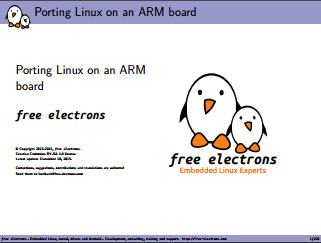
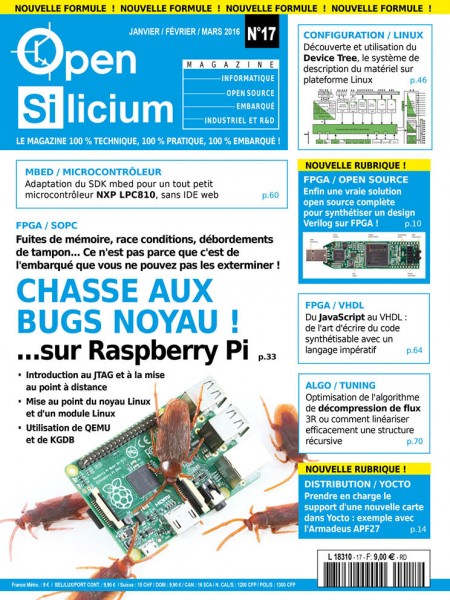
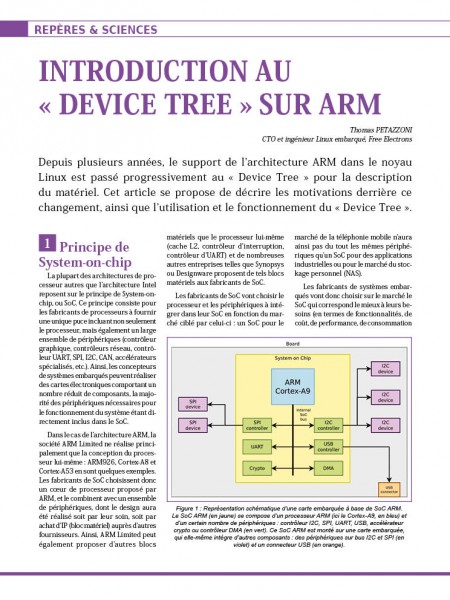
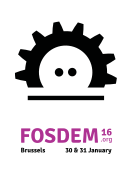
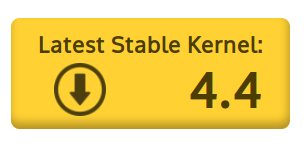

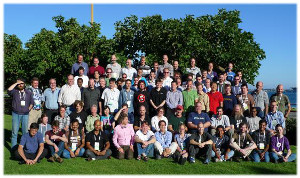
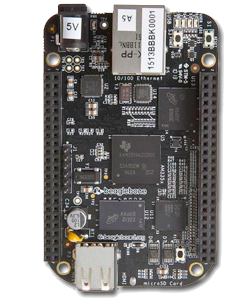 We used to keep a list of Linux friendly embedded board makers. When this page was created in the mid 2000s, this page was easy to maintain. Though more and more products were created with Linux, it was still difficult to find good hardware platforms that were supported by Linux.
We used to keep a list of Linux friendly embedded board makers. When this page was created in the mid 2000s, this page was easy to maintain. Though more and more products were created with Linux, it was still difficult to find good hardware platforms that were supported by Linux. Bootlin has internship topics to propose to people studying in French Universities or Engineering Schools:
Bootlin has internship topics to propose to people studying in French Universities or Engineering Schools: